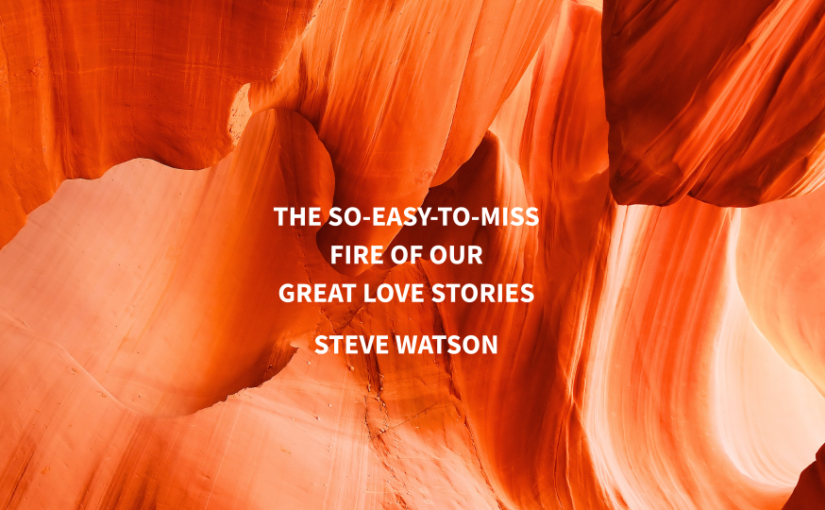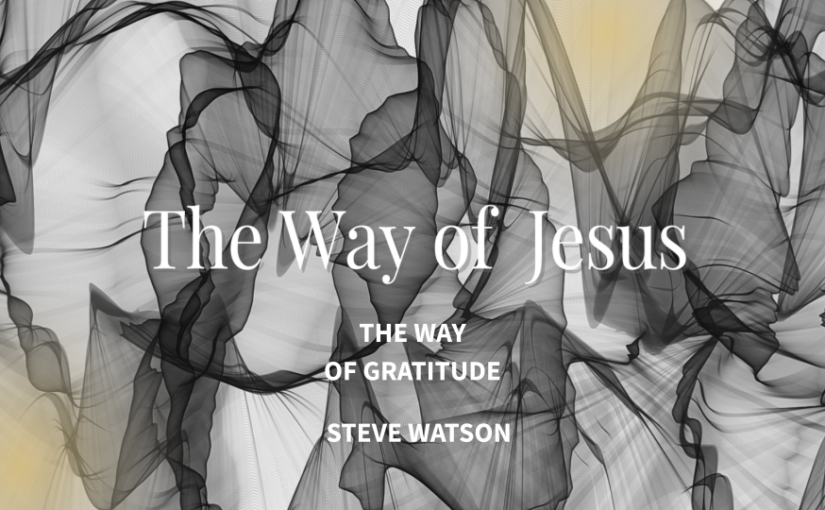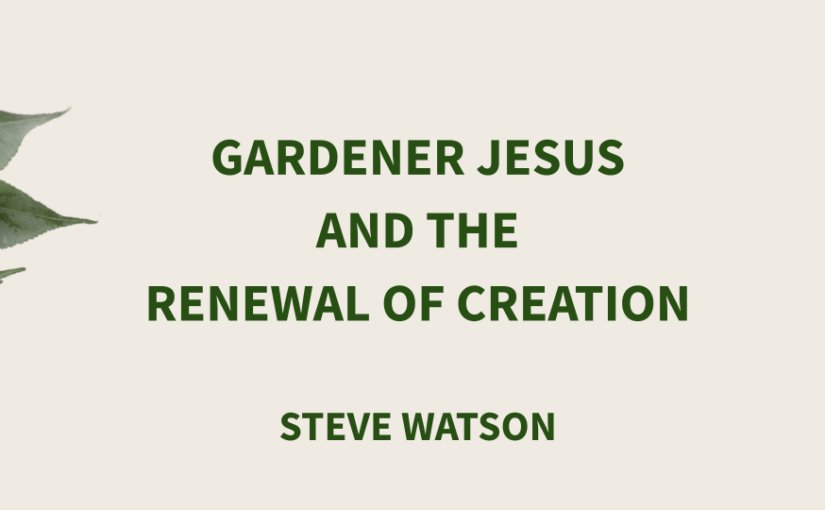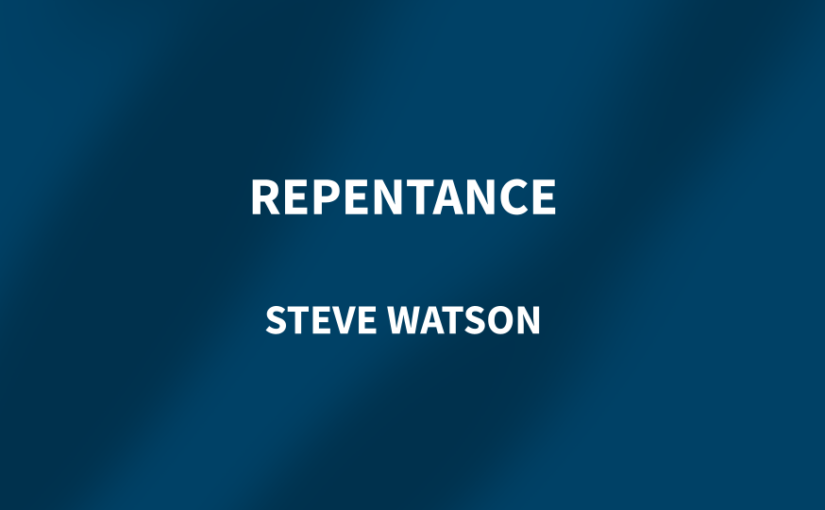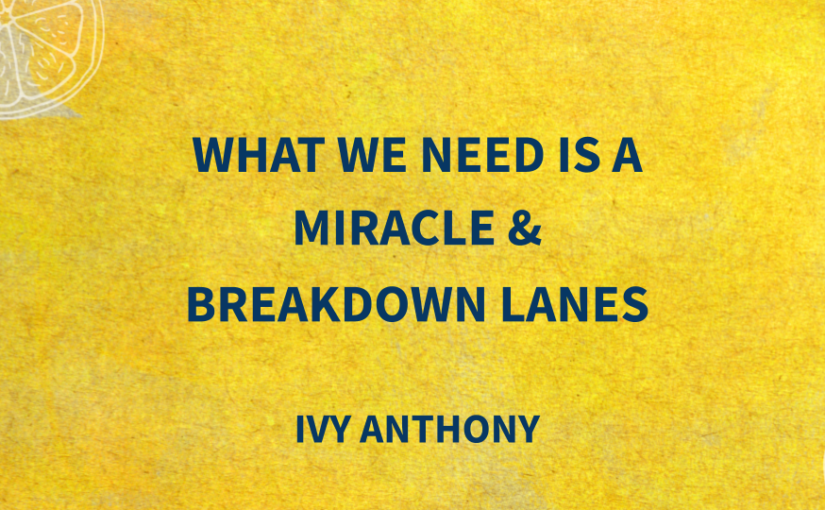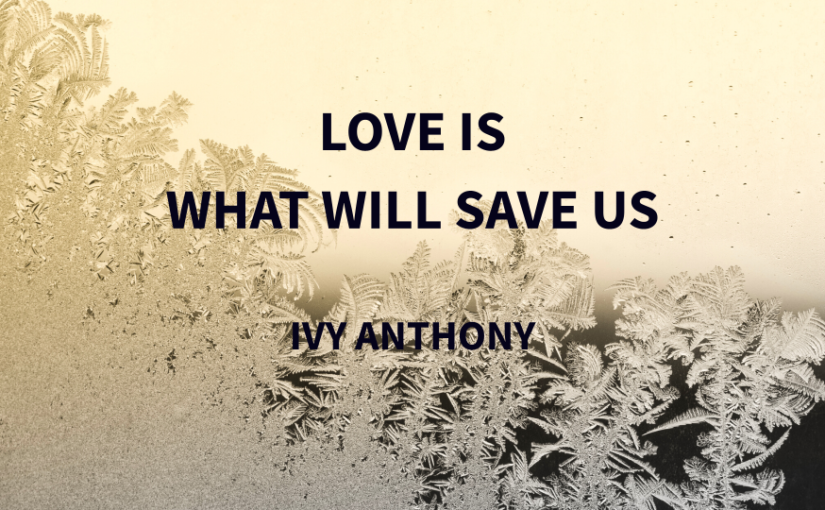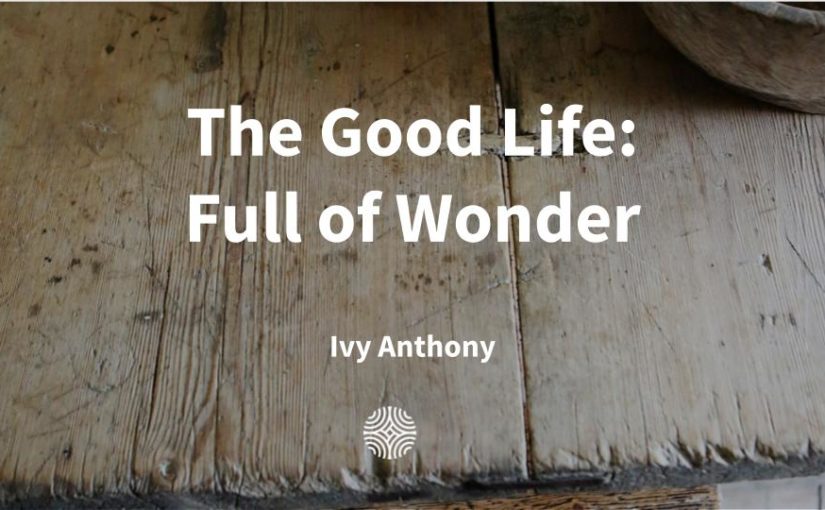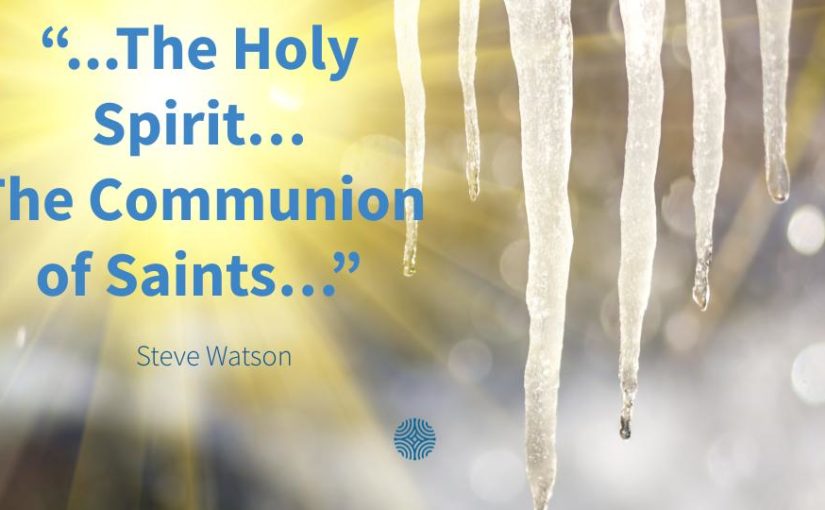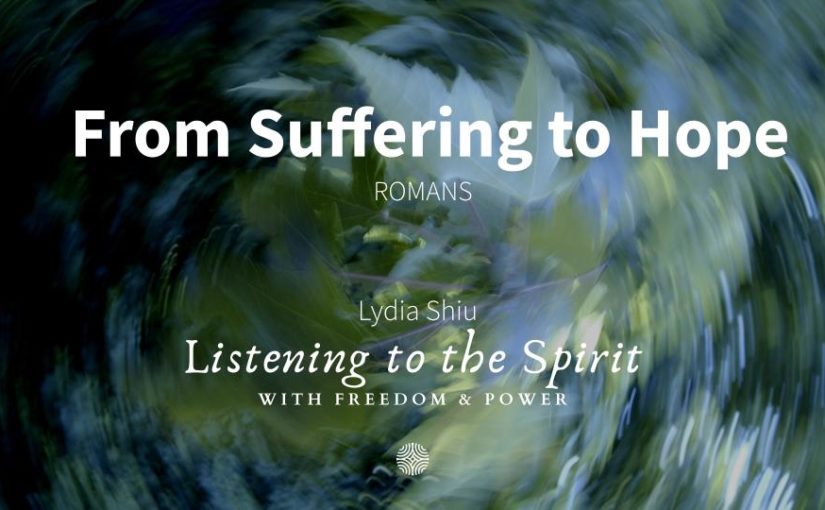For the last week of our Lenten season, the theme is the fire of love.
Our first scripture comes from a bit of erotic poetry, right in the middle of the Bible. It’s from a book called Song of Solomon that tells a poetic coming of age erotic love story that at the same time the tradition has read as an allegorical celebration of divine love.
The love and fire line is in this bit from the eighth chapter.
Song of Solomon 8:6-7 (Common English Bible)
6 Set me as a seal over your heart,
as a seal upon your arm,
for love is as strong as death,
passionate love unrelenting as the grave.[b]
Its darts are darts of fire—
divine flame!
7 Rushing waters can’t quench love;
rivers can’t wash it away.
If someone gave
all his estate in exchange for love,
he would be laughed to utter shame.
Weird that love, this fiery force as strong, as unrelenting as death, has this fierce erotic longing in it. A kind of impulse in us that by itself may or may not be loving.
Weird that to talk about holy love, divine love, the biggest and deepest love in the universe, the Bible has steamy romantic poetry in it. Weird that these things would be connected.
And weird that we all know that if someone had love, and someone else that this huge wealthy estate and tried to make a deal, everyone would laugh that person off. Who’d ever trade away a great love story?
It’s priceless, the best thing in life.
And yet we give up, or skip out on, or even throw away great love stories all the time, all the time.
Weird but true.
Last week I met a woman who really wanted to show me pictures of her kid.
I’ve done this before, tell people all about one of my kids, whether they cared or not. Probably not, but sometimes parents can’t help themselves.
Well, I met this woman because I was meeting with a small delegation of people whose friends or family members have been killed or taken hostage in the Hamas attacks on Israel in October.
She said to me and my friend:
would you like me to show you videos?
And my friend said:
would you like us to see them?
And she pulled out her phone, and we watched videos of her 22-year old son hiding in a shelter, images of her son being kidnapped and taken away, and an image of him as a small child, looking back charmingly at the camera.
She turned to us emotionally and said:
I know he’s alive. We haven’t had proof of life in a little over two months. But I know he’s alive, and I know he’s coming home. I don’t know how, I don’t know when, but I know he’s coming home.
A little part of me wanted to go political with the ensuing conversation. Wanted to ask about her about the thousands of Palestinian mothers who mourn their dead children. To ask about the Palestinian families who have no home to return to.
But I didn’t. One, she knew. Most of the members of this delegation were leftists in Israel, no friend to their own government and its actions in Gaza and the West Bank. They knew.
But also, that wasn’t what this conversation was about. I was being asked to bear witness to the fierce grief and the fierce love of a mother, whose 22-year old son was taken hostage.
Fierce, holy love, that says:
I know he’s coming home. And you’re welcome to visit me then and meet him. I hope you will.
Love is like this.
Love bears all things, believes all things. Love hopes all things, endures all things.
This day in the church calendar, Palm Sunday, is a weird one.
We remember Jesus and his students walking into Jerusalem, Jesus riding a donkey, the crowds waving palms and laying them down like a green carpet of welcome to the city as they cheered:
Hosanna, here is the one who will save us!
Jesus smiled. He loved the shouts and the singing.
But some part of him must have known it was kind of a fake love story.
On the other side of town, after all, the Roman governor Pilate rode into down on a battle horse, surrounded by soldiers, to bear in his body the glory of Rome, which would fill Jerusalem with its armies on big festivals, to keep the peace, so to speak, which was code for crushing dissent.
Jesus is the one they would crush this week. They would arrest him, mock him, beat him, crucify him naked on a wooden cross, with a crown of thorns atop his bleeding head.
This day, a week earlier, Jesus had just mourned over his beloved Jerusalem. Pausing on his walk in, he had seen the cityscape before him and broke down crying: saying
– if you only knew the way of peace. But you don’t. And so the day is coming when your enemies will surround you and besiege you, and attack and utterly crush you.
He saw this vision through tears, the angry, weary tears of grief.
And now, he performed this kind of street art mockery of a king’s entrance, riding into the city unarmed, with a scrappy band of rural followers for a royal delegation, atop an old donkey, not a battle horse, determined to bring a great love story to a city consumed with fantasies of fights they could not win.
Jesus didn’t bring the fight they were looking for.
Actually, the whole final week of Jesus’ natural life, the week we call the passion of Christ, is a week in his life filled with threats. Threats of Rome, threats of religious establishment, threats of denial and betrayal. Threat behind threat. Trauma behind trauma.
And over and over again, the sort of script Jesus is expected to follow is the scripts we all follow in the face of trauma, threat, or even tension.
He’s expected to fight or flee – the old fight or flight syndrome for our species, for all animals.
Or he’s expected to freeze or fawn – these additions to fight and flight our psychologists help us understand. Because sometimes in the face of threats, we don’t fight, we don’t run away, we just shut down and freeze – silence, no emotion, no action. Or we fawn – we try to people please our way past the threat.
But weirdly, Jesus again and again won’t do any of these things.
No fight, no fight, no freeze, no fawn.
Just passion.
He just keeps showing up, present with his whole body, his whole self.
And this is a great love story that no one, well almost no one, is ready for.
I’m obsessed with this TV show that ended a couple years ago, This is Us. That’s where I’m pulling this phrase “great love story” from today. Because the show uses that same phrase for the marriage at the heart of it. Jack and Rebecca have this epic, great love story, and who doesn’t like a good love story?
I met this extraordinary woman named Grace when I was 19-years old, and she and I who later realized we are so different, at that time bonded over the sames we share – some same likes, same values, same passions, same looking for someone to welcome us into their arms just as we are, same longing for authentic in a world of fake.
I love all this so much in Grace still. She’s stuck with me, even when I’ve mostly been a pain in the ass, and I can’t imagine anything but showing up with my whole self and sticking with her too. Because love is like that. And this imperfect but still great love story is so good. I’m so grateful.
But in many other relationships among family and friends, I’ve sometimes struggled to find my love stories there. Plenty of relationships in my life have gotten stuck or failed.
Which takes me back to This is Us. Because over time, I realized I was drawn to this show not so much by that romance as I was by all the other great love stories in it. Stories of parents and their children, stories of sisters and brothers and strangers and friends. This is Us is really about the us-ness of all of life.
It’s not easy. Misunderstanding, rivalry, addiction, conflict, even death get in the way.
And this is why great love stories are usually a little tragic too, because they usually end, by death or by some other means. Or they never even really get going the way they should because someone or another pisses them away.
And there’s an ache that comes with that.
It’s an ache that God shares with us, because God who is love has a great deal of experience of people doing so many other things besides living in God’s great love story for us all. So much fighting and fleeing and freezing and fawning. So little love sometimes.
That’s part of the tragedy of the passion week of Christ. So little room for love around Jesus.
But that’s part of why it’s so beautiful that in the passion week, there’s this great love story tucked in there that is so sacred, Jesus says that everywhere the good news of Christ travels, this story must be told.
So before we end today, let’s tell this great love story, and see if its truth, its lessons can’t rub off on us some. It’s in three of the four gospels, here in from the gospel of Mark.
Mark 14:3-9 (Common English Bible)
3 Jesus was at Bethany visiting the house of Simon, who had a skin disease. During dinner, a woman came in with a vase made of alabaster and containing very expensive perfume of pure nard. She broke open the vase and poured the perfume on his head.
4 Some grew angry. They said to each other, “Why waste the perfume?
5 This perfume could have been sold for almost a year’s pay] and the money given to the poor.” And they scolded her.
6 Jesus said, “Leave her alone. Why do you make trouble for her? She has done a good thing for me.
7 You always have the poor with you; and whenever you want, you can do something good for them. But you won’t always have me.
8 She has done what she could. She has anointed my body ahead of time for burial.
9 I tell you the truth that, wherever in the whole world the good news is announced, what she’s done will also be told in memory of her.”
I have five things I’d love for us to notice.
One is that great love stories don’t have to be sexual or romantic.
This story is sensual to be sure – this fancy vase and its gorgeous smelling perfume broke open over Jesus’ head. It’s sensual, and with other people at its center, it’s easy to see how it could have gone sexual. But it didn’t.
Because the woman, whose name isn’t given here, and Jesus don’t let it. They’re not looking for that in each other, and they’re healthy enough in their bodies and their hearts and their self-control to not let a beautiful moment go sideways.
In our guide this week, Ivy has brought in the wisdom of the poet Ada Limon, who’s got a love poem to her grandfather in there. Limon says there are too many love poems in the world for people who don’t deserve them.
“The bad partner gets a whole book, whereas the friend just gets a coffee.”
It doesn’t have to be that way, though. Limon’s dead grandfather gets this beautiful poem. Jesus gets the whole bottle of perfume. Its owner gets this story about her great love told throughout the world for all time.
What great love stories has God given us – human, animal, or divine? The love of friends and family and pets and strangers and all of creation. We don’t get an infinite number of love stories to be part of, so they’re all sacred. Most of them aren’t romantic and sexual at all. But that doesn’t make them any less important.
Two, great love stories usually break the rules a little.
In this week’s guide, you get a story of me speeding through the middle of the night from New York to Massachusetts to get to Grace, who’d had a bad concussion, I had heard. She had gone to the hospital and apparently kept asking: am I pregnant? When she never had been and also asking: who gave me the shrooms? When I’m pretty sure, at least according to her, that had never happened. Funny now, but it freaked me out.
So I drove to see her at totally unsafe speeds. Speeds I will never be specific about. That I certainly won’t admit to my children. A law-breaking speed at which I would tell you all to never drive. Totally unsafe.
But love often breaks the rules a little.
Like here. Women don’t touch non-relative men like this in that culture. They don’t go into the inner circle of a rabbi with his students. And they certainly don’t pour perfume on their heads. But Jesus basically says:
this is what love looks like.
She has done a good thing for me.
This is what the philosopher Alfred North Whitehead had in mind about Jesus when he wrote: Love neither rules, nor is it unmoved; also it is a little oblivious as to morals.
Not all the morals, right? Hurt someone and call it love, and you might be an abuser. Be unfaithful and call it love, and you’re a liar.
But some of the so-called morals, some of the rules. Love is extra. You have to let it be.
Related to this, the third thing:
Great love stories are extravagant.
They’re impractical, wasteful, extravagant. The men here are arguing about this. They’re upset. What a waste. A year’s earnings wasted in this extravagant gesture. We could have done something more valuable.
And Jesus is like:
you’re right, but you’re wrong. There’s time for value, there’s time for practical. There is. But not every time.
Love isn’t practical. It may or may not be strategic. But we’ll die without it.
I was at that event I mentioned this week, with the delegation of those whose family or friends had been killed or taken hostage, because a friend I love had invited me. This friend is a prominent Jewish leader, in their own way. And we show up with our friends.
I don’t always agree with this friend, and certainly not with some of this friend’s allies and partners in public life. I think the militarism and aggression and the illusion that might ever makes right is always foolhardy. And so whether it be the military violence of Israel or of Hamas or most dominantly in the world, of my own country, I tend to mourn and protest and say with Jesus – as I personally discern the way of Jesus at least – this is not the way of peace.
My friend has told me before:
this is not practical when your enemies are trying to destroy you. What does love get you then?
And I don’t know. I’m not a politician a foreign policy expert or anything, but I dream of what a politics of extravagant love might look like. I wonder what national defense strategies and budgets of extravagant love might look like, because I believe the words of the scriptures that say that love can triumph over evil, and we are to overcome evil with good.
Away from national defense and politics and all, if we want to be part of great love stories, we have to embrace extravagance. What it means to let someone give us more than we deserve or are comfortable receiving – more praise, more attention, more kindness, more help. And we have to get comfortable turning the dial way up on how to give those to others – bigger compliments, more wasteful presents, deeper encouragement. Longer, fuller, wholehearted presence.
We can’t do that in every moment. We’re people, not God. But if we never do it, or if we rarely do it, we’ll be like that person that takes the estate, that takes money and time, and stuff instead of love. And how foolish would that be!
Fourthly, great love stories take whole-body, whole-hearted presence.
This big crowd of friends is getting ready for the Passover meal we’ll come to know as the Last Supper. And you know what happens with big dinners for friends and family, people are talking and arguing about all kinds of things.
Where are they going to eat?
Who brought this or that dish or supply?
Old arguments show up, in this case about what’s worth spending money on.
And one person, one person has the presence of heart to see the most important thing going on – that Jesus is about to die, and that this is a time to love him.
That’s how Jesus interprets this moment. That one person had the presence of heart and the courage of action to anoint him for burial, to prepare him for his death.
When you know you are loved, like you really, really know it, you can do hard things. And so Jesus says that wherever his good news goes, what she has done will be told. In memory of her.
This is what love looks like. The courage to show up to people, to gatherings, to wherever we can with our hearts open, with our emotions accessible, with the courage to say and do what love looks like, best as we see it.
There’s no rulebook for this. Not really.
Just keep wanting to learn what love looks like. Pay attention. And have the courage to go for it.
Lastly, great love stories are windows into the truest truth of the universe, that God is love and that we are all the subjects of undying, extravagant longing and affection.
This love is a last parable of the good news of Jesus in the gospel of Mark.
It’s a thing that happened, and it’s also a story of what love looks like. See others with whole-hearts, and acting extravagantly for their wellness and the wellness of everyone involved too. Seeding another great love story.
Some of us hear this talk with a sense of the relationships and the communities where we can live it. We know where our love stories lie, or at least we think we do, and I hope we are invited to the giving and receiving of love harder, deeper, fiercer.
Some of us are lonely or heartbroken, though, and we’re maybe not even sure where our love stories can be playing out right now.
Friends, I hope that you know that today you are one of the objects of God’s great love story, that the full attention of our Mother and Father of God is yours with delight and affection, hopeful that you can know just how valuable you are God, and hopeful that you can find your next great love stories as well.
Great Fire of Love we call God,
Everlastingly Broken, poured out, offering abundant love to all creation,
Give us the tenderness, the zeal, the courage, the hope to love deep and full, and the courage to love again.


